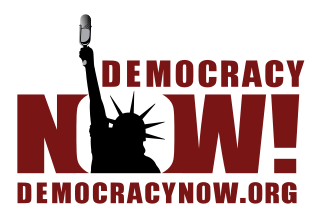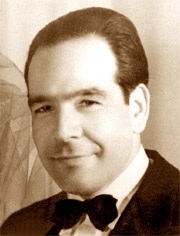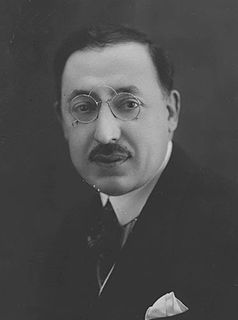| |||||||||||||||||||
79 seats to the National Consultative Assembly | |||||||||||||||||||
|---|---|---|---|---|---|---|---|---|---|---|---|---|---|---|---|---|---|---|---|
| |||||||||||||||||||
| |||||||||||||||||||
Parliamentary elections were held in Iran in 1952 to elect the 17th Iranian Majlis.

Iran, also called Persia, and officially the Islamic Republic of Iran, is a country in Western Asia. With over 81 million inhabitants, Iran is the world's 18th most populous country. Comprising a land area of 1,648,195 km2 (636,372 sq mi), it is the second largest country in the Middle East and the 17th largest in the world. Iran is bordered to the northwest by Armenia and the Republic of Azerbaijan, to the north by the Caspian Sea, to the northeast by Turkmenistan, to the east by Afghanistan and Pakistan, to the south by the Persian Gulf and the Gulf of Oman, and to the west by Turkey and Iraq. The country's central location in Eurasia and Western Asia, and its proximity to the Strait of Hormuz, give it geostrategic importance. Tehran is the country's capital and largest city, as well as its leading economic and cultural center.

The 17th Iranian Majlis was a legislative assembly with a term beginning on Apr, 25, 1952.
Contents
The elections were held by Government of Mosaddegh, who championed free elections and tried to minimize fraud by changing several governor-generals and governors. He also ordered members of the electoral supervisory councils to be selected by lot. However, the government was unable to control the shah, Artesh , the notables, and some of its own supporters. [1] The voting process was stopped by Prime Minister Mohammad Mosaddegh after enough MPs were elected to form a parliamentary quorum (79 out of 136). [2] The decision is viewed as manipulation, because Mosaddegh meant to prevent opposition candidates taking seat from rural areas. [3]

The premiership of Mohammad Mosaddegh began when his first government was formed on 28 April 1951 and ended on 19 August 1953, when his second government was overthrown by the American–British backed coup d'état. During the time, the two cabinets of Mosaddegh took control except for a brief period between 16 and 21 July 1952, in which Ahmad Qavam was the Prime Minister, taking office due to resignation of Mosaddegh from premiership and deposed by Shah after five days of mass demonstrations.

Mohammad Mosaddegh was the 35th prime minister of Iran, holding office from 1951 until 1953, when his government was overthrown in a coup d'état orchestrated by the United States' Central Intelligence Agency and the United Kingdom's MI6.

A quorum is the minimum number of members of a deliberative assembly necessary to conduct the business of that group. According to Robert's Rules of Order Newly Revised, the "requirement for a quorum is protection against totally unrepresentative action in the name of the body by an unduly small number of persons."















